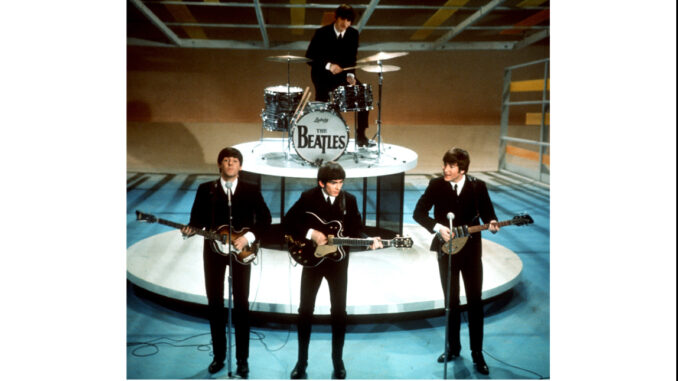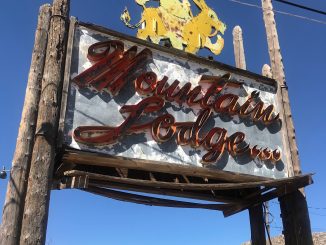
Feb. 6
1778: During the American Revolutionary War, the United States won official recognition and military support from France with the signing of a Treaty of Alliance in Paris.
1862: During the Civil War, Fort Henry in Tennessee fell to Union forces.
1899: A peace treaty between the United States and Spain ended the Spanish-American War and ceded the Philippines, Puerto Rico and Guam to the United States.
1921: “The Kid,” Charlie Chaplin’s first feature-length film, was released across the United States.
1952: Britain’s King George VI, 56, died. He was succeeded as monarch by his 25-year-old eldest daughter, who became Queen Elizabeth II.
Feb. 7
1904: The Great Baltimore Fire began; one of the worst city fires in American history, it destroyed over 1,500 buildings in central Baltimore.
1943: The government abruptly announced the wartime rationing of shoes made of leather.
Feb. 8
1587: Mary, Queen of Scots was beheaded after she was implicated in a plot to murder her cousin, Queen Elizabeth I.
1693: A charter was granted for the College of William and Mary in Williamsburg in the Virginia Colony.
1910: The Boy Scouts of America was incorporated by William D. Boyce.
1915: D.W. Griffith’s controversial epic film “The Birth of a Nation” premiered in Los Angeles.
1936: The first NFL draft was held at the Ritz-Carlton Hotel in Philadelphia.
1971: NASDAQ, the world’s first electronic stock exchange, held its first trading day.
Feb. 9
1825: The House of Representatives elected John Quincy Adams president after no candidate received a majority of electoral votes.
1943: The World War II battle of Guadalcanal in the southwest Pacific ended with an Allied victory over Japanese forces.
1964: The Beatles made their first live American television appearance on “The Ed Sullivan Show,” broadcast from New York on CBS.
Feb. 10
1763: Britain, Spain and France signed the Treaty of Paris, ending the Seven Years’ War (also known as the French and Indian War in North America).
1936: Nazi Germany’s Reichstag passed a law investing the Gestapo secret police with absolute authority, exempt from any legal review.
2005: North Korea boasted publicly for the first time that it possessed nuclear weapons
Feb. 11
660 B.C.: Tradition holds that Japan was founded as Jimmu ascended the throne as the country’s first emperor.
1847: American inventor Thomas Alva Edison was born in Milan, Ohio.
1963: American author and poet Sylvia Plath was found dead in her London flat, a suicide; she was 30.
1975: Margaret Thatcher was elected leader of Britain’s opposition Conservative Party.
1979: Followers of Ayatollah Ruhollah Khomeini (hoh-MAY’-nee) seized power in Iran.
Feb. 12
1554: Lady Jane Grey, who had claimed the throne of England for nine days, and her husband, Guildford Dudley, were beheaded after being condemned for high treason.
1809: Abraham Lincoln, the 16th president of the United States, was born in a log cabin in Hardin (now LaRue) County, Kentucky.
1909: The National Association for the Advancement of Colored People, the NAACP, was founded.



